The Journalistic Thinking of a New Truthdig Contributor
Global Voices: Truthdig Women Reporting contributor Zubeida Mustafa, whose piece "How the Women of Pakistan Cope With War, Honor Killings and Prejudice" inaugurated the project in June, speaks about an advantage female journalists have over males and the necessity of humility in reporting.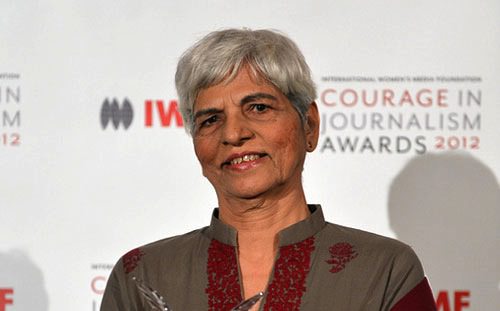
Global Voices: Truthdig Women Reporting
, Truthdig’s new international investigative journalism project, was spotlighted in an Aug. 1 interview by The Freelancer with Zubeida Mustafa, the Pakistani journalist whose piece “How the Women of Pakistan Cope With War, Honor Killings and Prejudice” inaugurated the effort in late June.
Truthdig partnered with the International Women’s Media Foundation to support award-winning journalists bringing issues of international scope and impact within their home countries to English-speaking audiences. The project is supported by a grant from the NoVo Foundation.
The Freelancer’s Aurora Almendral characterized the women and the sometimes dangerous conditions in which they work as follows:
The Global Voices reporters are a tough lot—they’re pulled from the ranks of winners of the International Women’s Media Foundation awards for courage in journalism. The reporters include Khadija Ismayilova, an investigative reporter from Azerbaijan who has taken on the dangerous task of exposing corruption within the president’s inner circle; Thai journalist Chiranuch Premchaiporn, who has faced a 70-year prison sentence for her reporting; and Sumi Khan of Bangladesh, who has kept working in one of the most dangerous countries for journalists despite being brutally beaten, stabbed, and forced out of reporting jobs.
In an article published in USA Today on the day of the project’s launch, Truthdig Publisher Zuade Kaufman said she and the other organizers “hope to add another level of protection” by giving the reporters an international platform with the benefit of a broader range of eyes on their work and well-being. Almendral wrote that “Truthdig’s approach of tapping a local journalist with international chops is another way to avoid the stereotypical news churned out by foreign correspondents and wire services rushing their reporting,” to which Mustafa added that local reporters are able to grasp the “meaning of many actions and gestures that would be beyond [the] understanding” of outsiders.
The Pakistani journalist made her career as an opinion writer focusing at various points on “female reproductive health, breast cancer, abortion, and even women’s rights.” She “had the courage to face conservative opinion and a social boycott by those who thought I should not be writing all that,” she told Almendral. “But society changed and a lot of what I wrote began to be accepted, which vindicated me.”
She noted that “extremist opinion has taken over” again however. “It is armed and doesn’t refrain from using force. That means it would not be happy with my liberal views of women, religious minorities, and culture.” For the time being Mustafa, who says she has yet to be threatened physically, feels protected by the fact that her day-to-day reporting is aimed at a largely liberal English-speaking minority and is published only in print, which “does not have the same reach as the electronic media.”
She added, “But the future may not be so kind.”
Concerning the advantages of being a female reporter, the difference between the genders, as Mustafa sees it, is based in the practical matter of having a kind of access to female subjects that males inherently find more difficult to come by. Additionally, the process of working to be accepted professionally cultivates a sensitivity likely to be lacking in male reporters.
“The disadvantages of being a female reporter are gradually vanishing,” she said. “The hazards faced by men and women are now the same. The advantage women have is that they get easier access to female members of a family in our society. In many places, men would never be allowed. Since women have the advantage of having worked harder to gain entry into the world of journalism, they tend to know a lot about how men see things, and at the same time, they have a natural female perspective. I find their reporting more balanced and holistic.”
Mustafa also spoke about the necessity of humility in reporting.
“Young journalists — both men and women — should go for any assignment with humility and not hubris,” she said. “Even if they know a lot, there is still a lot to learn, which they will if they go with open minds. This means they should not be judgmental when talking with anyone and should show respect for their points of view. It is only when they write should they assimilate all the news and views that they have gathered and produce an objective and non-partisan story.”
— Posted by Alexander Reed Kelly.
Your support matters…Independent journalism is under threat and overshadowed by heavily funded mainstream media.
You can help level the playing field. Become a member.
Your tax-deductible contribution keeps us digging beneath the headlines to give you thought-provoking, investigative reporting and analysis that unearths what's really happening- without compromise.
Give today to support our courageous, independent journalists.

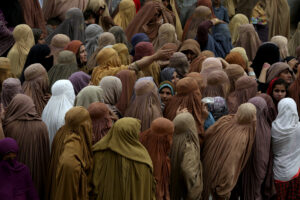
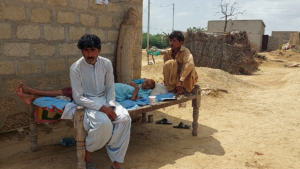
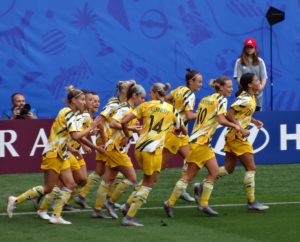
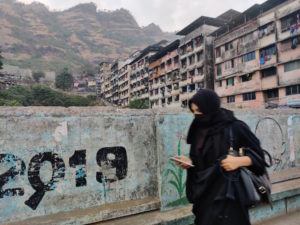
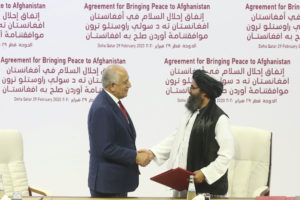
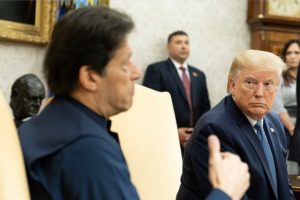


You need to be a supporter to comment.
There are currently no responses to this article.
Be the first to respond.